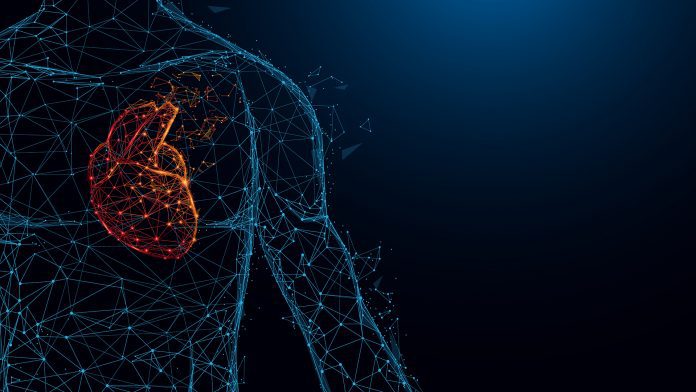
Researchers have found an anti-ageing gene in a population of centenarians that can rewind the heart’s biological age by ten years.
The discovery may provide potential treatment targets for patients with heart failure. The anti-ageing gene has been associated with exceptional longevity and those who carry the mutant gene often live to be over 100 years old. People with the gene are also less likely to suffer cardiovascular complications. The research was led by the University of Bristol and the MultiMedica Group in Italy.
The researchers believe the gene helps to keep these individuals’ hearts young by protecting them against diseases linked to ageing, such as heart failure. They found that these mutant genes can protect cells collected from patients with heart failure requiring cardiac transplantation.
A single administration of the anti-ageing gene stopped heart decay in middle-aged mice. Even when given to elderly mice, whose hearts exhibit the same alterations observed in elderly human patients, the gene reduced the heart’s biological age by the human equivalent of more than ten years.
Genetic mutations can lead to a healthier heart
“The heart and blood vessel function is put at stake as we age. However, the rate at which these harmful changes occur is different among people. Smoking, alcohol, and sedentary life make the ageing clock faster. Whereas eating well and exercising delay the heart’s ageing clock,” explained Professor Madeddu, professor of experimental cardiovascular medicine at the Bristol Heart Institute, University of Bristol.
“In addition, having good genes inherited from parents can help to stay young and healthy. Genes are sequences of letters that encode proteins. By chance, some of these letters can mutate. Most of these mutations are insignificant; in a few cases, however, the mutation can make the gene function worse or better, like for the mutant anti-ageing gene we have studied here on human cells and older mice,” he continued.
As part of three-year study, researchers in Italy administered the gene in heart cells from elderly patients with severe heart problems and compared their function to healthy individuals.
“The cells of the elderly patients, in particular those that support the construction of new blood vessels, called ‘pericytes’, were found to be less performing and more aged. By adding the longevity gene/protein to the test tube, we observed a process of cardiac rejuvenation: the cardiac cells of elderly heart failure patients have resumed functioning properly, proving to be more efficient in building new blood vessels,” said Monica Cattaneo, a researcher at the MultiMedica Group in Milan.
The anti-ageing gene is hereditary
The study shows for the first time, that the anti-ageing gene could be passed down by centenarians to their offspring. This suggests that the gene could also be transferred to unrelated people. The researchers also haven’t ruled out the possibility that other mutations with similar or superior curative potential could be transferred in future.
“Our findings confirm the healthy mutant gene can reverse the decline of heart performance in older people. We are now interested in determining if giving the protein instead of the gene can also work. Gene therapy is widely used to treat diseases caused by bad genes. However, a treatment based on a protein is safer and more viable than gene therapy,” concluded Professor Madeddu.







